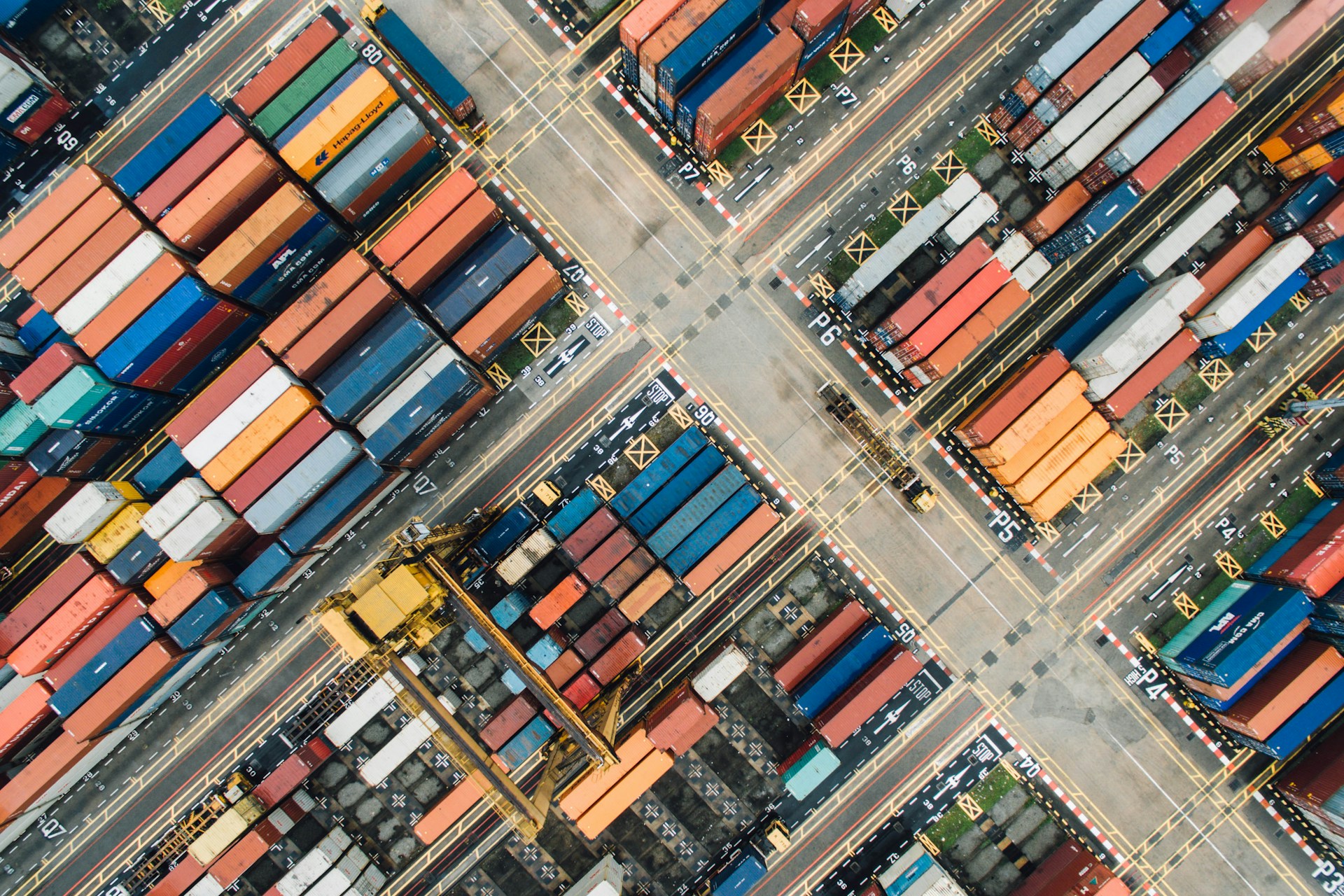Red Sea Crisis Improves PIL's Fortunes in 2024

Despite a significant drop in earnings in 2023, Singapore’s Pacific International Lines (PIL) anticipates maintaining profitability in 2024 due to the ongoing Red Sea crisis.
Early in April 2024, PIL reported to the Accounting and Corporate Regulatory Authority of Singapore revealing that its net profit fell to US$307 million in 2023, a stark decrease from US$3 billion in 2022 and US$2.6 billion in 2021. This decline occurred as the freight market returned to normalcy following a surge during the Covid-19 pandemic.
In mid-2020, facing its third consecutive year of losses, PIL secured a restructuring deal with Heliconia Capital Management, a subsidiary of Singapore’s state-backed investment firm Temasek Holdings.
In February 2021, Ivy 2 Investments VCC, managed by Heliconia, acquired 5 million preference shares in PIL, which remains under the control of its founding Teo family. As of March, Ivy 2 Investments holds over 2.37 million preference shares.
In March 2021, with court approval, PIL arranged to postpone payments to bondholders. However, the company capitalized on the pandemic windfall to prepay US$1 billion of its debt by the end of 2021.
PIL’s CEO, Lars Karstrup, discussed the company’s financial results in a local media interview, acknowledging the significant drop in 2023 net profit but noting that it aligned with industry trends. "The results are in line with peers at a time when container shipping rates began their downward trajectory, after pandemic-induced supply chain disruptions and a slowdown in the e-commerce boom," he said.
Karstrup explained that PIL managed the market correction through cost-saving measures, enhanced efficiencies, and network expansion, while maintaining steady shipment volumes. The company reduced fuel consumption, optimized ship deployment, and leveraged digitalization to boost operational efficiency.
These strategies left PIL with substantial cash reserves of US$1.9 billion, which Karstrup believes will help the company weather future challenges.
He also noted that the rerouting of ships around the Cape of Good Hope due to the Red Sea crisis has helped absorb excess tonnage, positioning PIL for a profitable 2024.